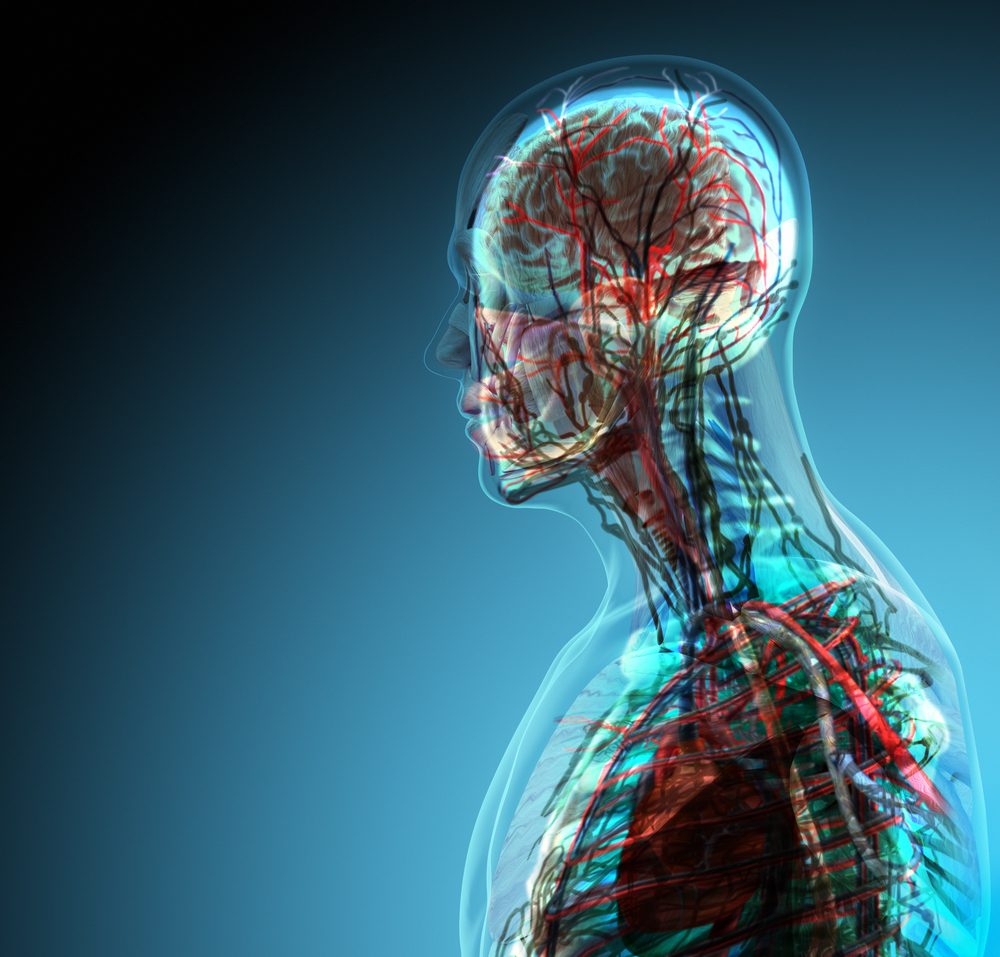Cerebral Vessel Disease Appears Linked to Alzheimer’s Dementia, Researchers Report

Recent research published in The Lancet Neurology demonstrates that blood vessel changes such as arteriosclerosis and atherosclerosis in the brain are linked to Alzheimer’s disease. The findings suggest that investigating the mechanisms behind how blood vessel disease might contribute to the development of dementia might enable the identification of patients at risk, offering early treatment interventions.
Arteriosclerosis and atherosclerosis — two terms describing changes in blood vessels — are most often used when discussing cardiovascular disease. The former implies that blood vessels become thick and stiff, and the latter specifically suggests that the vessel dysfunction is caused by layers of fats, making up so-called plaques in the vessels.
Although stroke is a risk factor for dementia, few studies have investigated if earlier stages of blood vessel disease might be linked to Alzheimer’s. Having access to data from two studies of aging where participants agreed to have a brain autopsy upon death, scientists from Rush University Medical Center in Chicago examined 1,143 older individuals for the presence of Alzheimer’s and brain blood vessel disease.
All participants were older than 65, and about half died when they were age 88.8 or older. Those with Alzheimer’s disease made up 42 percent of the group, while atherosclerosis was present in 39 percent, and arteriolosclerosis in 35 percent of individuals. They were all also subjected to clinical examinations, including a thorough neuropsychological evaluation.
The study, “Relation of cerebral vessel disease to Alzheimer’s disease dementia and cognitive function in elderly people: a cross-sectional study,“ found that as vessel disease got more severe, the likelihood of having Alzheimer’s also increased.
Atherosclerosis was also linked to lower scores of overall cognition and measures of the four cognitive domains of episodic memory, semantic memory, perceptual speed, and visuospatial abilities. Arteriolosclerosis showed similar correlations, but was also linked to working memory, and had only a weak effect on visuospatial abilities.
The findings were not influenced by risk factors for blood vessel disease such as high blood pressure, smoking, or diabetes, nor by the presence of the Alzheimer’s risk gene APOE ε4.
The authors admit that the design of the study prevents them from concluding that blood vessel disease causes dementia. Findings in this type of cross-sectional study can only tell us that there is a link, but can’t elaborate on the nature of the connection. However, the study is likely to encourage more research aiming to understand how the two disease states interact.






